Make Your Family History Research Resolutions for 2024
It's a new year—the perfect time to take stock of your progress and set new goals. Whether you're just beginning your family history research, or you're a seasoned genealogist trying to break down a tricky brick wall, American Ancestors has the resources you need to turn over a new leaf and get the most out of your research in 2024. Happy New Year!
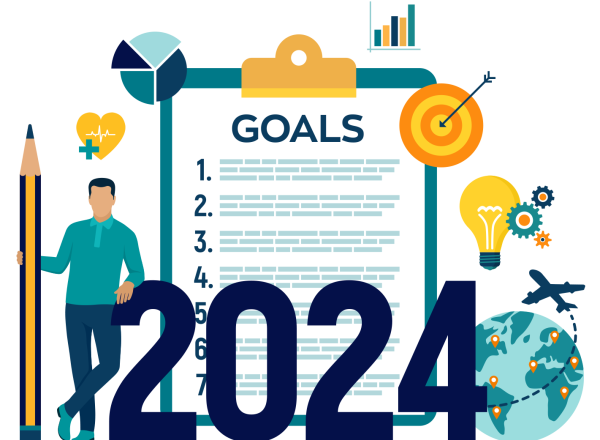
Resolution #1: Get in Shape
Video Lecture
Creating a Research Plan: Tips from NEHGS Research Services
With all of the genealogical information at your fingertips today, it’s easy to become overwhelmed, go down research rabbit holes, and lose focus. In this webinar, NEHGS Director of Research Services, Lindsay Fulton offers tips on how to make a research plan and stick to it! Using templates, worksheets, and other research tools available at AmericanAncestors.org, you’ll learn how to stay organized and get the most out of your research time. Watch Now
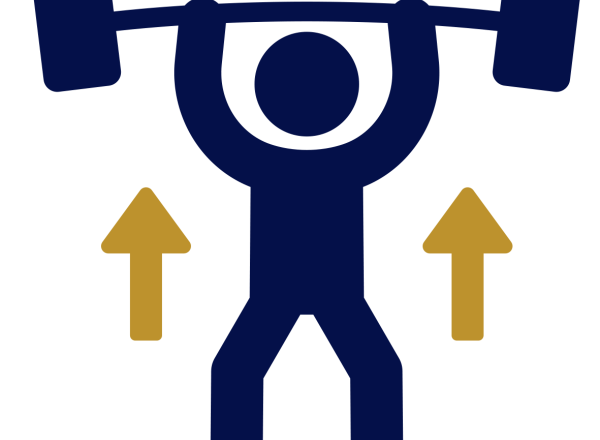
Download Free Templates for Organizing Your Research
5 Generation Chart (PDF)
Family Group Sheet (PDF)
Upcoming Event
Virtual Preservation Roadshow: Documents, Bound Volumes & Photographs
Is your closet full of boxes of old family photographs? Is your basement bursting with letters, diaries, and other documents from your family history research? Do you have scrapbooks that you want to make sure are around for generations to come? Chances are you have a stack of family papers and photo albums tucked away that you don’t know what to do with. This virtual preservation roadshow will teach you best practices for surveying, handling, and storing family materials and provide you with expert advice on how to care for items in your collection. Register Now
Resolution #2: Break a Bad Habit
Courses on Demand
Building Your Genealogical Skills
Take your research skills to the next level! With the sheer number of online resources at your fingertips, it's easy to dive into your family history research without any formal training as a genealogist. Certainly, you'll learn along the way, and devise your own methods, but it's also easy to become overwhelmed and form bad habits. Whether you are new to genealogy, want to refresh your skills, or learn best practices, this course will set you on the right path to getting the most out of your family history research. Learn More
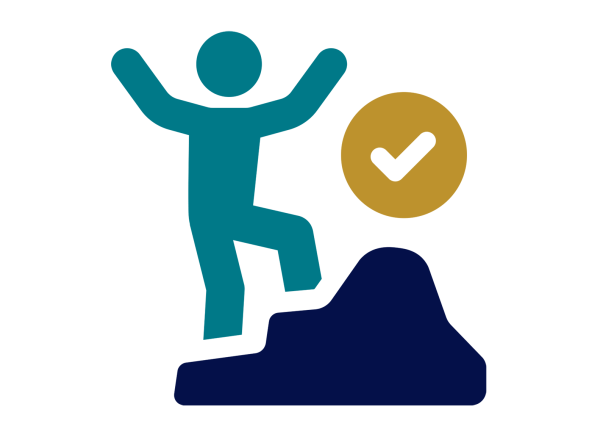
Free Resource
Ask a Genealogist—Live Chat
Our expert staff is available to answer your research questions six days a week! Do you have questions about getting started in genealogy or where to locate a particular record? Stumped on border changes in a particular town or how to access an online database? We are here to help! Chat Now
Upcoming Free Lectures
Writing a Register-Style Sketch
Do you have notebooks, digital files, and family tree programs full of information you’d like to write up for your family? Whether you just want to write about your grandparents, write an article, or compile a whole book, the Register style is a widely used genealogical format that has been used for more than 150 years. Moving from the past toward the future, generation-by-generation, the basic building block of the system is the family sketch—treating a couple and their children in an organized and interesting way. Register Now
Dos and Don’ts of Creating a Coat of Arms
Interested in creating a coat of arms, but don’t know how to begin? In this online presentation, Joseph McMillan, past president of the American Heraldry Society and member of the American Ancestors Committee on Heraldry, will discuss grants (and the equivalent) from foreign heraldic authorities, design tips and considerations, and the process of recording or registering your arms. Register Now
Resolution #3: Spend More Time with Family
Free Video Lecture
Family History Roundtable: Getting Family Involved in Your Research
As genealogists, we all understand how fascinating family history research can be, especially when you break down a brick wall or make an exciting discovery. So, naturally, our family members must be eager to get involved in our research and hear all about our discoveries…right? Unfortunately, for most of us, finding ways to get our relatives interested in family history is almost as much of a challenge as the research itself! Join us for this engaging panel discussion with our genealogists as they discuss their tips for getting family involved in your research—including strategies for sharing research findings, interviewing family members, asking relatives to take DNA tests, and more. Watch Now
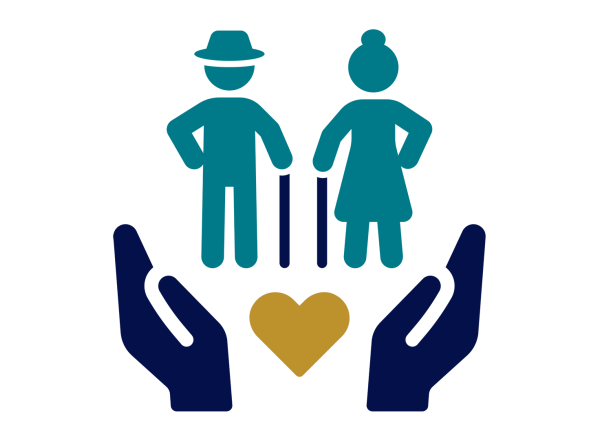
Free Video Lecture
Stories from the Archives: Scrapbooks
Family scrapbooks can serve as a unique window into the lives of your ancestors—they often contain photographs, postcards, travel tickets, newspaper clippings, and other items that can help you uncover family stories that may have been otherwise lost. The treasures found in scrapbooks can also reveal genealogical details that can help fill in gaps in your family tree and break down brick walls. This session will look at several examples of scrapbooks held in the Wyner Family Jewish Heritage Center archives at American Ancestors. We will also provide tips on finding examples at other repositories and archives and offer suggestions on how to preserve such items in your personal collection. Watch Now
Courses On Demand
Beyond the Grave: Uncovering Life Stories from Death Records
As genealogists, we often talk about “filling in the dash” for our ancestors—moving beyond birth and death dates by uncovering stories that paint a more complete picture of our ancestors’ lives. To fill in this “dash” we shouldn’t just look to records from the years that they were alive. Death records include important details and clues about our ancestors’ lives that reveal rich stories and help us better understand their experiences. This four-session seminar provides a detailed overview of death records through this lens of uncovering stories. We discuss civil death records and substitutes, last wills and testaments, burial records, and more. Learn More
Resolution #4: Travel More
Upcoming Free Lecture
Family History Roundtable: Traveling for Your Research
It’s a common misconception that all family history research can be completed online—in reality, there are treasure troves of undigitized records and resources in libraries and archives that are worth making a trip to in order to take your research to the next level. There are also many meaningful experiences to be had when traveling for genealogy that don’t involve sifting through records. Many genealogists make trips to see their ancestral homeland and the homestead, or to meet cousins and other relatives. Join us for this engaging panel discussion with our genealogists as they discuss the benefits of traveling for genealogy, and their tips and strategies for planning and making the most of your family history trips. Register Now

Free Video
Neoclassical Berlin: A Virtual Tour
See Berlin from the comfort of your home! Based on his 2016 heritage tour, Curt DiCamillo leads us on a virtual tour of Neoclassical Berlin and its environs. From great palaces and treasure houses to national museums and concert halls, learn how the Neoclassical style came to be equated with prestige, importance, and power. Watch Now
Travel with American Ancestors
Upcoming Tours in 2024
Make the most of your travel when you join an American Ancestors tour! Our expert tour leaders will bring you to exciting destinations and help you conduct research at world-class repositories, across the U.S. and beyond.
March 7 - 12: Historic New Orleans: An Insider's Look
March 24 - 30: Washington, D.C. National Archives and Records Administration
May 5 - 12: Canadian Research in Ottawa
June 23 - 30: Irish Research in Belfast
August 8 - 10: Midwest Genealogy Center
November 10 - 17: Salt Lake City
Learn a New Skill
Free Download
Learn How to Interpret Old Handwriting
Many of us have stared at an old handwritten document and wondered, “What does that say? It looks like a bunch of squiggles to me!” The problem seems obvious: the handwriting is faded, and the groups of letters don’t resemble words. Do not despair. With a few simple techniques, deciphering old handwriting is something you can do. Access Free Guide
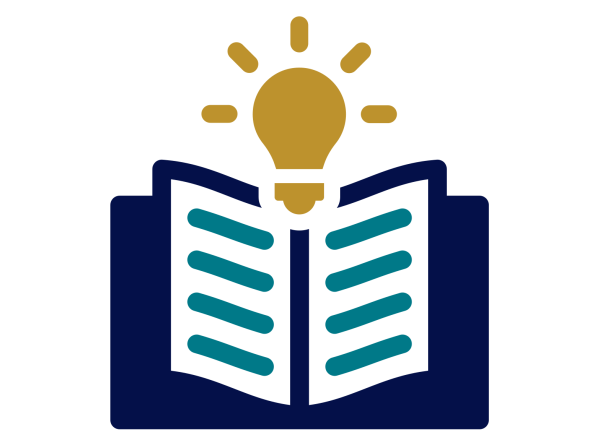
Upcoming Virtual Course
Demystifying DNA: Getting Started with Genetic Genealogy
Advances in DNA research have had huge implications for the field of genealogy. Yet, with the growing number of companies and options, it can be difficult to know what test is best for you and how to interpret your results. In this three-week online seminar, Senior Genealogist Melanie McComb will demystify the practice of using genetic testing to trace family roots. You’ll learn the types of genetic tests available to family historians, the genealogical problems the tests can—and cannot—assist you with, how to choose the right one(s) to further your family history research, and what tools are available to help you interpret your results. Learn More
Free Video
Understanding Calendar Systems in Family History Research
Unclear as to what date “21 1mo 1708/9” refers to? What about “4 Mary”? While dates are foundational to your family history research, they’re not always straightforward in the record or follow a modern calendar system. This online lecture will go over common calendar systems that you may encounter in your research, discuss how to interpret and record them, and suggest several online conversion tools to understand these dates in familiar terms. Watch Now
Courses on Demand
Law & Order: Using Court Records in Your Family History Research
Court records are an important, yet often overlooked, resource for family historians. No matter what side of the law your ancestor may have been on, court records can provide family relationships, places of residences, origins, occupations, and offer unique stories about your ancestors, sometimes in their own words! In this online course, our experts discuss how to locate, interpret, and navigate civil and criminal cases, probate, naturalization (pre-1906), divorce, and more. We also look at how to find your ancestor in records, whether they were a plaintiff, defendant, witness, or juror. Learn More
Resources for American Ancestors Members
External Databases From Home
Broaden your research! In addition to the hundreds of databases available on AmericanAncestors.org, these databases published by other organizations have been made available for our members to access. Search for your ancestors in newspaper archives, gain a deeper understanding of time periods and locations related to your family history, and uncover the unexpected when you delve into our wide range of external databases. Learn More